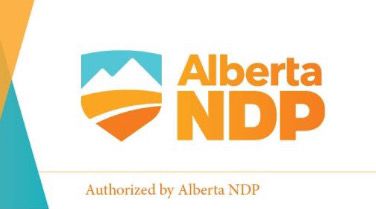
National Settlement and Resettlement Funding Call for Proposals
The Government of Canada is committed to ensuring that eligible newcomers have the support and services they need to succeed in fully integrating into and contributing both to the Canadian economy and to their new communities.
Yesterday, the Honourable Marc Miller, Minister of Immigration, Refugees and Citizenship, launched the national settlement and resettlement funding call for proposals to fund hundreds of settlement and resettlement service provider organizations across Canada, outside Quebec, providing critical services to newcomers. The funding agreements are for a period of five years.
This year’s call for proposals highlights key areas of settlement and resettlement services, including investments to support truth and reconciliation objectives, to provide a Francophone integration pathway for French‑speaking newcomers outside Quebec, and enhance programming and funding organizations that serve racialized communities, 2SLGBTQI+ and other underrepresented people. It will also build on recent lessons and advancements by leveraging technology and partnerships to deliver services more efficiently while maintaining high-quality support for clients.
Service provider organizations play a pivotal role in welcoming newcomers, including refugees, in communities across the country. They provide newcomers with the tools, resources and information they need to succeed in their new lives in Canada. This includes language training, help finding a job, and building connections with established immigrants, Canadians and Indigenous Peoples. These supports and services help newcomers integrate and build a successful life in Canada, while also helping employers, schools and other organizations build welcoming communities.
For more information on eligibility and how to apply for the call for proposals, please visit our website. The deadline is January 31, 2024.
Quick facts
In 2022–2023, the number of clients accessing settlement and resettlement services reached an all-time high, at nearly 612,000.
The most popular service used was the Information and Orientation program, with 80% of clients accessing it at least once annually.
IRCC is planning to invest approximately $1.1 billion per year in service provider organizations to support the settlement needs of newcomers (outside of Quebec). This represents an increase of over 30% compared to the funding envelope of $834.9 million that IRCC had for the Settlement Program in 2020–2021, during the first year of agreements from the last call for proposals.
Under the Canada-Quebec Accord, the Government of Canada provides the province of Quebec with an annual grant for the delivery and administration of reception and linguistic, cultural and economic integration services for immigrants who settle in the province, including resettled refugees.
From April 2012 to March 2023, approximately 46% of all permanent residents, with the exception of those destined for Quebec, accessed a domestic settlement service.
Between April 2012 and March 2023, 80% of refugees accessed settlement services.
Immigration accounts for almost 100% of Canada’s labour force growth and, by 2032, it’s projected to account for 100% of Canada’s population growth.
Canada’s population is aging at a rate that means the worker-to-retiree ratio is expected to shift from 7 to 1, 50 years ago, to 2 to 1 by 2035.
During the 2021 Census, nearly 1 in 4 people counted were or had been a landed immigrant or permanent resident in Canada, the highest proportion since Confederation and the largest proportion among G7 countries.



